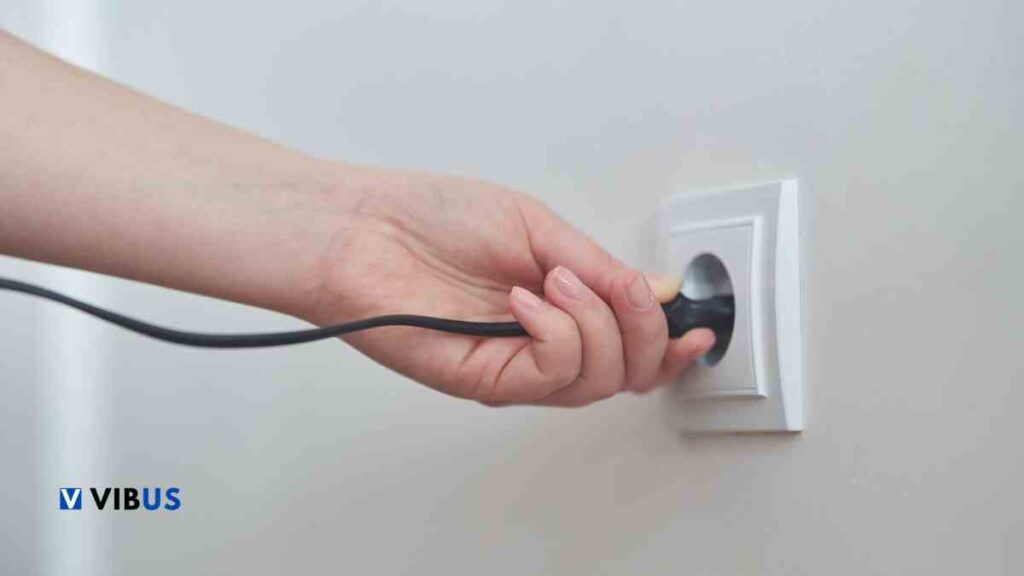In the modern home, televisions have become an essential part of daily life. They are a source of entertainment, information, and a way to stay connected with the world. However, many people are unaware of the impact that a television can have on their electricity bill, especially when it is in standby mode.
Even though modern televisions are more energy-efficient compared to older models, they can still consume power even when turned off. This consumption, known as “standby power consumption” or “phantom load”, happens when the television is off but remains plugged into the outlet. The TV continues to draw energy to maintain basic functions such as the internal clock or the ability to power on quickly.
The Hidden Costs of Standby Power Consumption in Modern Televisions
To mitigate this hidden energy usage, consider the following tips:
- Unplug Your TV: The simplest and most effective way to stop phantom energy usage is to unplug your television when it’s not in use.
- Use a Power Strip: Plug your TV and other electronics into a power strip, and simply switch off the strip when you go to bed.
- Smart Plugs: Invest in smart plugs that can be programmed to cut off power at certain times, adding convenience to your energy-saving efforts.
By taking these small steps, you can significantly reduce your electricity bills and contribute to a more energy-efficient household. So, make it a habit to unplug your television every night and watch your savings grow!
Have you ever wondered how much energy your television consumes in standby mode? The amount can vary depending on the model and brand, but some televisions can use between 0.5 and three watts while in standby. Although each television individually doesn’t use a significant amount of energy, the total consumption can add up when you consider all the devices in your home.
Why Should You Unplug Your Television at Night?
Even though standby consumption might seem minimal, unplugging your television at night can help reduce your overall energy usage. Imagine you have a television that consumes one watt in standby mode. If it’s plugged in 24 hours a day, that equates to 24 watt-hours per day, or approximately 8.76 kilowatt-hours per year. Depending on your electricity rate, this can lead to a noticeable saving on your bill.
Reducing Energy Consumption
Unplugging your television not only lowers its direct energy consumption but also helps to minimize the overall energy usage of your home. This practice can contribute to a smaller carbon footprint and promote more responsible use of energy resources.
Lower Risk of Overheating
While modern televisions are designed with safety measures to prevent overheating, keeping an electronic device plugged in continuously can increase the risk of electrical failures. Unplugging your TV when it’s not in use eliminates this risk and can help prevent potential issues.
Extending the Lifespan of Your Device
Disconnecting your television can reduce the wear and tear on its internal components. Prolonged use of internal circuits in standby mode can contribute to deterioration, eventually leading to the need for repairs or replacements.
